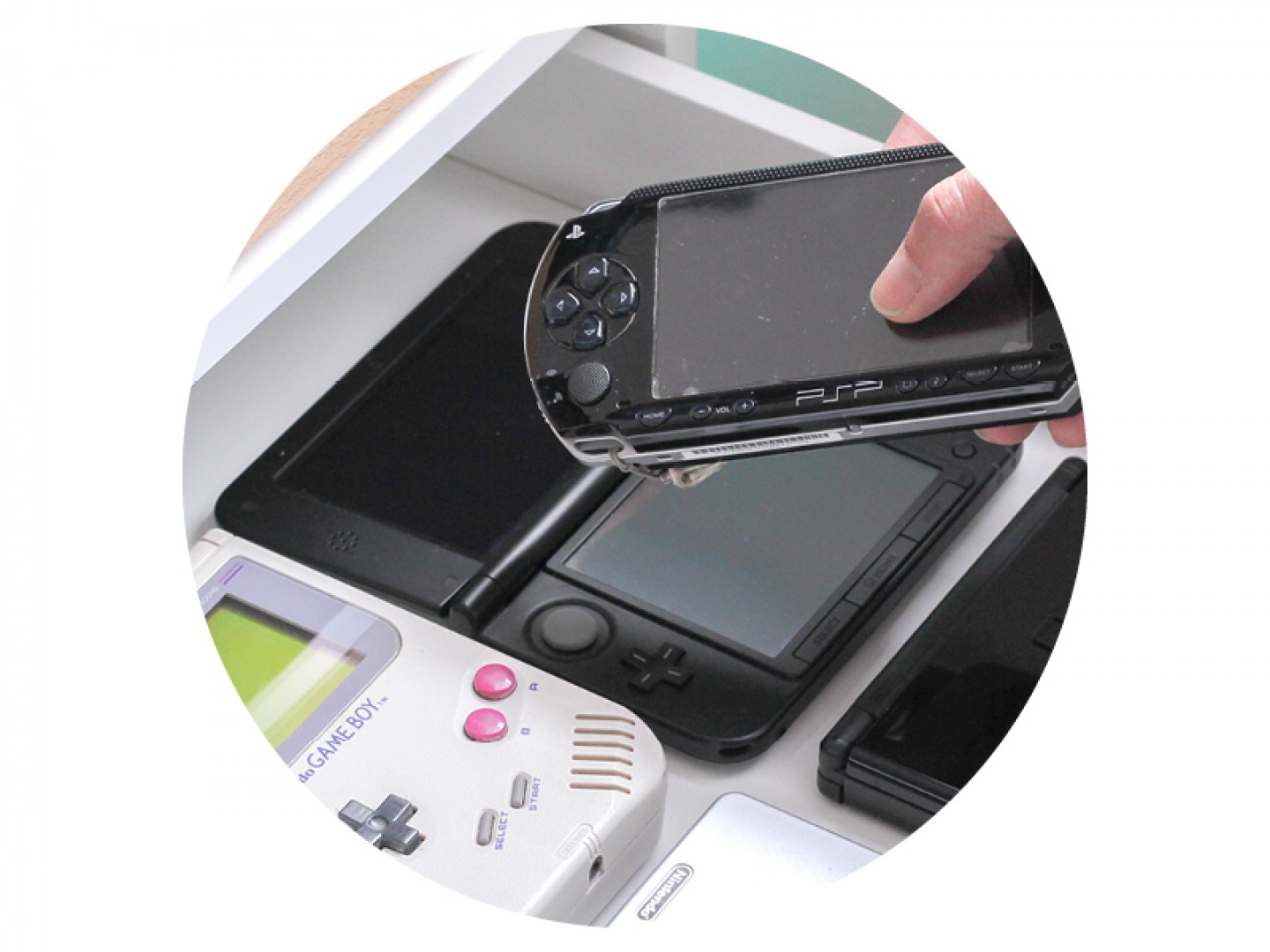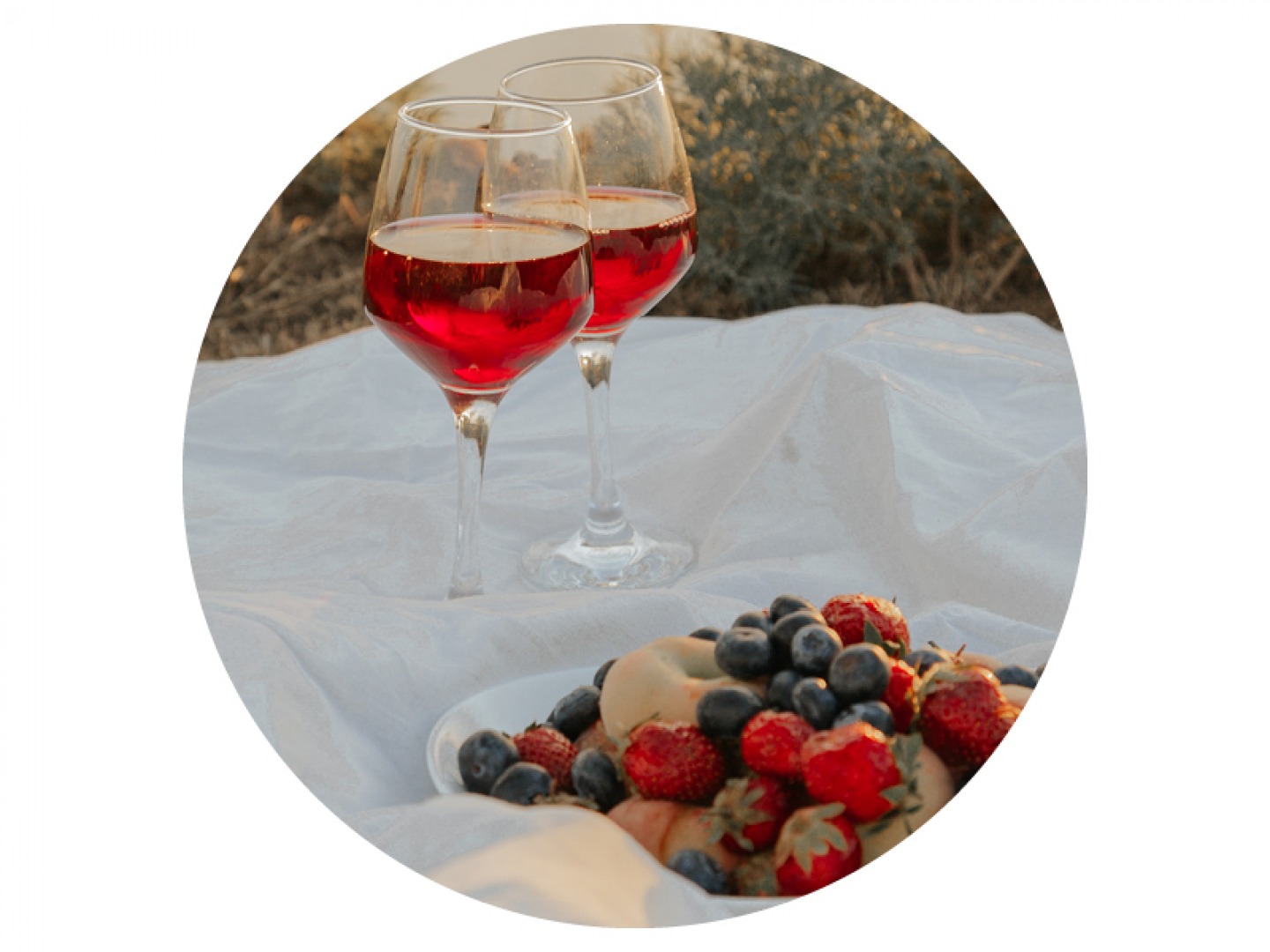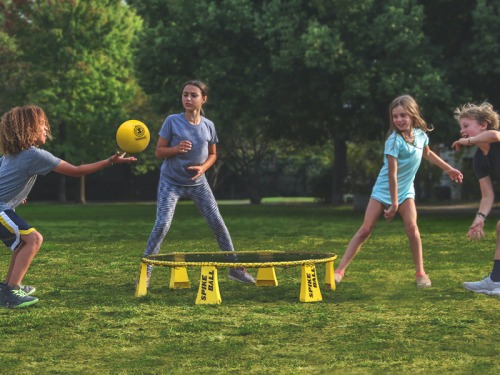How to Handle Perimenopause Brain Fog

Living North columnist Elizabeth Joseph is back, guiding us through the perils of the perimenopause
Hell Gorge? AKA perimenopause. The years leading up to menopause, where you may find yourselves navigating an array of symptoms most of which are not often openly spoken about: mood swings, anxiety, aching joints, epic wind, itchy skin, decreased libido, disrupted sleep and – as we saw in last month’s column – a possible lack of joy.
Hopefully, after reading that column you have actively sought to add some childlike joy to your lives. Maybe some acting, maybe some singing, maybe some zip wiring, maybe some video games.
Video games? Well, yes, this could potentially help to add some joy to your lives but it could also help with the symptom that I would like to look at in this month’s column: brain fog.
Brain fog? I hear you ask. What’s brain fog? Well, answer me this, does any of the following sound familiar? Forgetting why you walked into a room? Forgetting the right word for something as mundane as ‘washing machine’? Forgetting an appointment or something you planned or promised to do? Struggling to absorb and remember new information? Failing to follow simple tasks? Struggling to concentrate? Losing your sense of direction? Developing a new anxiousness when driving? Walking into stuff? A lot?
These are all examples of brain fog.
Our brains need oestrogen in order to function. As our oestrogen levels fluctuate we are more likely to suffer from brain fog. This takes a lot of us by surprise. Many perimenopausal women find themselves looking after both children and ageing parents and working in demanding jobs. As a result, they often mistake brain fog for life just throwing a few too many responsibilities their way. It takes a while, for many, to realise that it is also down to hormonal fluctuations.
Unfortunately, of course, some never do realise. Which is why we must make sure we talk to each other about our respective journeys through Hell Gorge. That we share, with each other, what we are experiencing and how we are feeling. Why we must not suffer in silence, or embarrassment. No thank you, we’re not doing that.
Brain fog can be embarrassing and scary but try not to worry, it does settle down and symptoms do tend to go after menopause. There are also ways you can help yourself.
I have made a concerted effort to drink more water. Which initially sounds a bit daft but water is essential to the brain – in terms of preventing dehydration and stimulating the circulation of blood.
I have also sought to add foods rich in omega 3 into my diet. Omega 3 fatty acids have antioxidant and anti-inflammatory effects, which may lead them to improve brain function. Foods rich in omega 3 include fresh fruit and vegetables, whole grains, fish, beans, nuts and olive oil. On the flip side it also makes sense to avoid inflammatory foods, which surely only make brain fog worse – fried foods, processed foods, refined carbs and sugary drinks.
All exceedingly sensible advice. But that’s not what you’re here for is it? You want to know what else is out there. You want to know what really ‘out there’ stuff I have been trying since last we met.
Well, I’ve been drinking red wine, muttering in doorways and of course playing video games.
Wait. What?
All of the above can help you combat brain fog. No, really.
Resvetarol is a plant-based compound that behaves like an antioxidant. It can be found in chocolate, grapes, peanuts and some berries. It is also found in red wine. Research has shown that resvetarol can protect brain cells from damage and stress by reducing inflammation and clearing toxins out of the brain. So a moderate amount of red wine (one glass) could allow you to reap quite a number of health benefits. Just the one glass mind you!
Recent scientific research has also shown that walking through a door into another room can cause our brains to reset our memory to make way for new memories and experiences. So next time you forget why you went into the kitchen, you can reassure yourself that it is simply the result of ‘The Doorway Effect’. You can counteract this effect by muttering ‘red wine, red wine, red wine’ as you enter the kitchen, so you can remember exactly why you went in there in the first place.



Even more magnificently, playing video games can aid your spatial awareness. Especially games involving moving things or people around a virtual space, whilst avoiding objects and completing tasks. A sure fire way to fire up those synapses, encourage your hand to eye coordination and to help you navigate space. At least that’s what I tell my husband when he catches me playing Candy Crush.
The other, possibly more sensible, approach is to take up a hobby. I spoke last month of my failed attempts at both acting and tennis. These are both great ways to fight brain fog by improving memory, muscle memory, depth perception and spatial awareness. Unless you give them up swiftly that is! So, what else could I possibly try?
Well, this month I dipped a perfectly pointed toe into the world of dance.
A local dance studio kindly let me loose on all their beginner dance classes for over 55s. I signed up for ballet, tap, ballroom and, most magnificently of all, hang aerial. Now, strictly speaking I wasn’t quite out of my forties when I came for the dancing. See what I did there? But they were happy to let me take part.
I may have been one of the youngest but my goodness I was most definitely the most unfit and uncoordinated. All of the classes required a certain level of fitness and stamina and most importantly of all, for the purposes of this month’s column, concentration, memory and spatial awareness.
Obviously, it would take more than the one lesson of each discipline that I tried, to improve in all these areas. However, it was clear to see that if I stuck with it I would eventually be able to twirl without feeling dizzy, follow a routine from start to finish with no mistakes and stop standing on my partner’s feet.
I loved every minute. All in all, a perfect way to tone up, get fit, meet people, experience pure joy and exercise that grey matter.
Speaking of pure joy, when I finally managed to haul myself up onto the trapeze, in the hang aerial class - with the help of the teacher – oh the shame – I ugly cried. I was so completely overcome with the childlike feeling of freedom and triumph and exhilaration that I started sobbing. With happiness!
In fact, I have been nothing but happy researching all the ways to combat brain fog for this month’s column. I have also been very thorough. On a special visit to York, to celebrate turning 50, I enjoyed some red wine, muttered to myself as I exited the door of the sensational Star Inn The City, after a remarkable meal rich in omega 3 foods, undertook a dizzy twirl in front of York Minster and played video games on the train on the way home. All in the name of research.
What can I say? Except… you’re welcome.
You can follow @elizabethjosephnavigating on Instagram.







